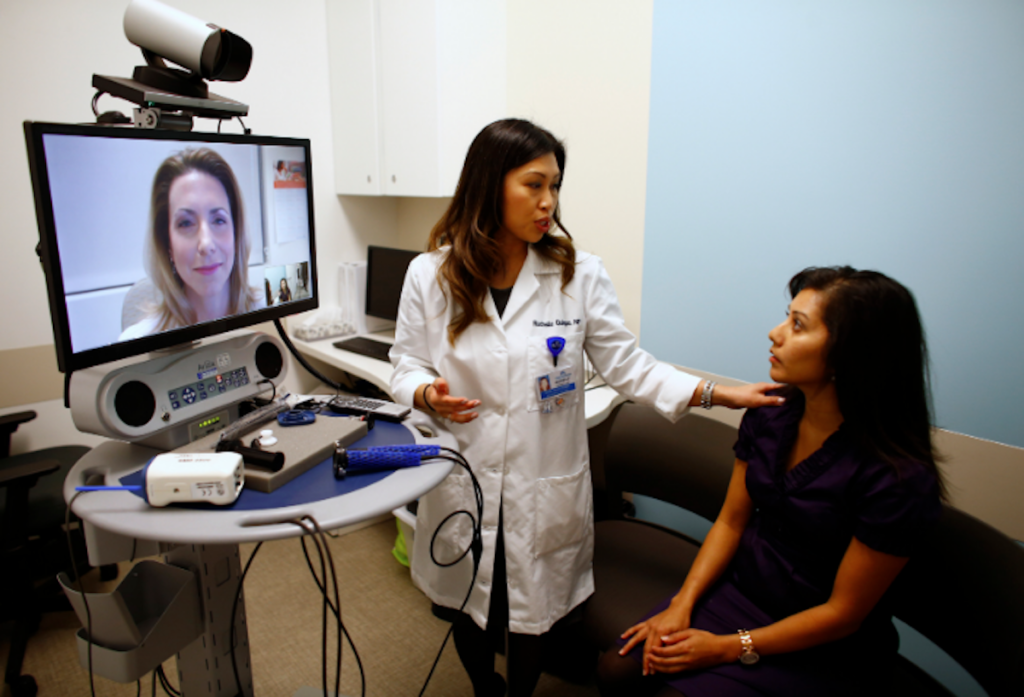The use of technology has proven wonders in every business, and the medical field is no exception. Before the use of applications and devices became common, paper charts were used to record patient records. It may seem like a simple method, but it has its limitations, especially when it comes to huge medical institutes with thousands of patients.
One person can only access paper charts at a time. Manual methods require reliance on memory and review of Physician Desk Reference (PDR) to avoid any drug-drug interactions. Technology has replaced manual techniques and has made recording and managing medical data more easy and efficient.
It has made many tasks easy for patients. They can get notified on their follow-up after discharge or information related to their medication without having to come to the doctor’s office.
Record is Accessible All the Time:
Contents
There is no longer a need for checking out from the patient’s paper chart as all the records are saved on a device. You can hire a cloud managed service provider to help manage your cloud hosting and storage. It allows you to locate where your data is stored and how it is protected.
The data can be shared on other digital devices on a secure network. This way, the data can be accessed from remote locations even when you are not present in the hospital.
Devices for Medical Analysis and Treatment:
The advancement of technology has introduced information that has helped in patient care management. Devices that include smartwatches are designed to calculate weight, heartbeat, glucose levels, stress level, oxygen saturation, and much more.
The use of pacemakers and stents for heart disease patients has become possible due to technology. When technology is combined with analytics, health care professionals can sort out best practices for optimizing outcomes for both clinical and economic importance.
Help with Medication Prescription:
As a doctor, you can implement digital checks and balances in your system to ensure medication safety measures. These systems help alert physicians when a specific medicine can interact negatively, or a patient is allergic to its content.
You do not have to rely on your memory and books all the time. These devices serve as life savior and help ease the work of healthcare professionals. With the help of IT services for medical clinics, you can get software programmed for your pharmacy department. It can allow you to enter the medications available and all the data related to them.
High-Quality Communication:
In old times it was challenging for physicians to keep track of the patient’s progress because of lack of communication. Because of various technological advancements, doctors and care managers can easily connect with the patients between visits and after discharge.
You can get an application installed that automatically sends messages to patients to remind them of their next appointment. Some applications allow patients to answer some questions related to their post-surgery and during the healing process. It gives the healthcare professional an idea of the patient’s condition.

